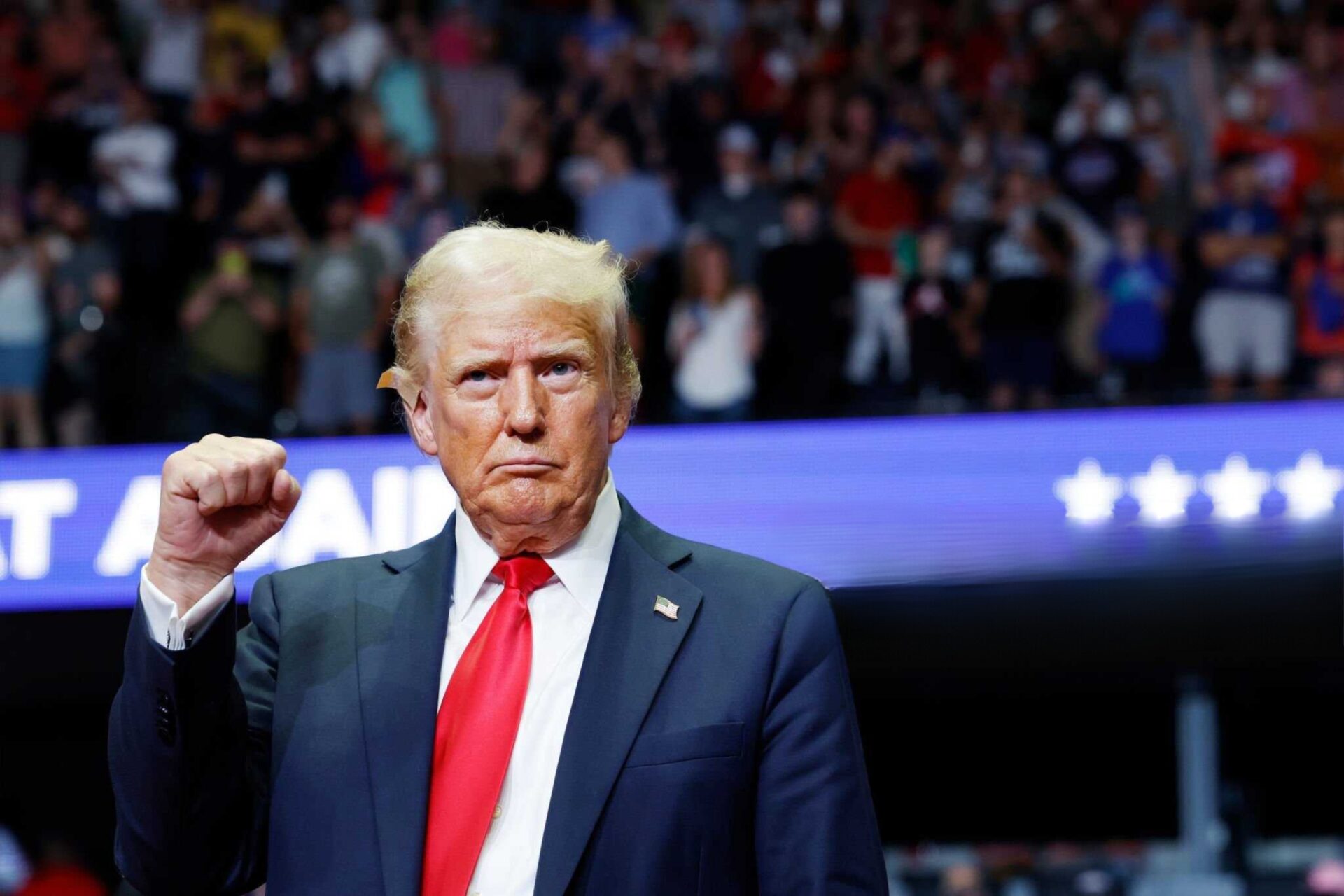Listen To Story Above
Donald Trump has gained valuable insights during his time away from the Oval Office, offering him a fresh perspective on key aspects of governance he previously overlooked.
His experience as a former president has provided him with a deeper understanding of the extensive influence wielded by federal bureaucrats. Having encountered resistance from career civil servants during his first term, Trump now comprehends the necessity of appointing officials who align with his agenda from day one.
Richard Taylor is spot on here 👇🏻
‘Trump is a real leader who says it as it is, while Kamala is a puppet—something Trump will never be. No one will own Trump, not the WEF, the WHO, or anyone
Objectively, Trump was an excellent president in his last term and will be again.’
— Majority Unsilenced (@MajUnsilenced) November 13, 2024
The legal challenges Trump has faced since leaving office have also shaped his approach to the Justice Department. This firsthand experience with investigations has highlighted the significance of maintaining independence between the executive branch and law enforcement agencies.
Additionally, Trump’s post-presidency period has illuminated the critical importance of thorough vetting when selecting personnel. Unlike his initial term, where some appointees later opposed his policies, Trump now recognizes the need for loyalty and ideological alignment in key positions.
Rick Scott Senate Homeland Security Committee:
“l’m running to change…we’ve gotta change the way the Senate is run to get Trump’s agenda done…”Rick Scott would be the best choice to replace Mitch McConnell as senate GOP leader! pic.twitter.com/a029zjgzNf
— Gary D (@KMGGaryde) November 10, 2024
These lessons have prompted Trump to develop specific strategies for his potential return to office. He’s focused on implementing Schedule F, which would grant him greater authority over federal employees, and has plans to revamp the Justice Department’s structure to prevent what he views as politically motivated prosecutions.
Trump’s evolution in understanding these governmental dynamics suggests a more calculated approach to executive leadership should he secure another term. His team is already preparing extensive plans to navigate these challenges more effectively than during his previous administration.






